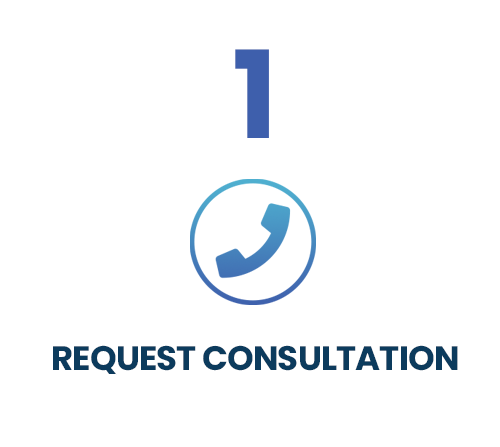
It starts with a single post, an intern shares a meme meant to promote an upcoming fundraiser. But the meme’s humor doesn’t land the way it was intended. It generates backlash, offends some of your supporters, and local media starts questioning. Within hours, your nonprofit is in the middle of a PR mess, all because the post wasn’t approved or reviewed.
Situations like these can be prevented, and that’s exactly why having a social media policy is important. A clear, well-communicated policy outlines who can post, what content is appropriate, and how to handle engagement. It’s a simple but powerful way to keep your nonprofit’s messaging consistent, professional, and aligned with your mission.
What Is a Social Media Policy?
A social media policy is a set of guidelines that outlines how your organization uses social media. It helps in determining roles and responsibilities, such as who can post and what content should be shared, as well as the voice, tone, and brand of your organization.
It also provides direction on handling data and privacy, managing conflicts, and responding to comments or questions online. Essentially, it’s a guide that enables your team to navigate social media both confidently and consistently.
Benefits of a Social Media Policy for Nonprofits
While social media policies are important for the success of any organization, they can be especially effective for nonprofits. Having a policy helps your team build a brand message and voice, making it easier to collaborate and reduce stress through clearly established boundaries and goals.
In addition, it outlines expectations of online behavior, which will help prevent PR crises and channel appropriate participation. For nonprofits, a well-defined policy can intensify supporter engagement, stimulate fundraising, and make sure your mission is being represented properly on every platform.
What to Include in a Nonprofit Social Media Policy
A strong social media policy is clear, easy to follow, and tailored to your nonprofit’s mission. It doesn’t have to be ridiculously sophisticated, but it does need to address the essentials so that everyone on your team is on the same page. Some key elements to include are:
-
- Roles and responsibilities: Designate who has access to social media accounts, who will post content, and who will respond to messages or comments.
- Voice and tone: Establish the personality of your organization. Do your posts need to be formal, friendly, conversational, or inspirational?
- Content guidelines: Set the guidelines for what is acceptable to post, including language, topic matter, and imagery.
- Engagement rules: Outline how to handle comments, questions, or even criticism. This avoids miscommunication and keeps interactions respectful and consistent.
- Privacy and secrecy: Make sure team members know how to handle confidential content, like donor data or behind-the-scenes content.
- Crisis conflict procedure: Include steps for how to handle mistakes or negative feedback online so that your team knows what to do if something goes wrong.
It is important to go over and update your policy periodically, but the idea is to start with something practical. Your first draft does not have to be perfect. As long as you have something to give your team a foundation to work from, you’re on the right track.
Setting Your Nonprofit Up for Success
In today’s digital world, virtual connection is the new norm. For nonprofits, it’s critical for strengthening your voice, building trust, and growing your community. A well-defined social media policy allows you to do that in a manner that’s strategic, consistent, and confident.
Want to learn how the leading nonprofits are maximizing tools like social media and Google Ad Grants to build donor pipelines and make smarter marketing decisions? Schedule a consultation today.




